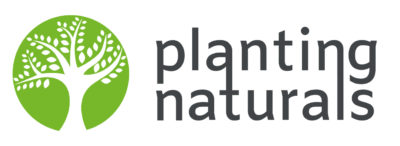Planting Naturals works with a network of over 9,000 smallholder farmers - and this relationship is an essential part of our business practices and for producing the highest quality palm oil. The oil palm (Elaeis guineensis) is native to West Africa and has been used for culinary, medicinal, and cosmetic purposes for millennia. Due to the prominence of agricultural livelihoods in rural Sierra Leone, smallholder farmers have long been growing and harvesting the palm commercially and domestically – typically working with agroforestry systems on small plots of 1.5-2 hectares, with food grown for personal use alongside oil palms. At Planting Naturals, we wanted to continue this tradition of rural livelihoods and retain the local relationships with the land. Understanding and accessing the value chain and being supported in gaining internationally recognised accreditation means smallholder farmers can now produce at higher volumes. Meanwhile, the benefit gained from being both organic and sustainably certified means higher prices for their produce.
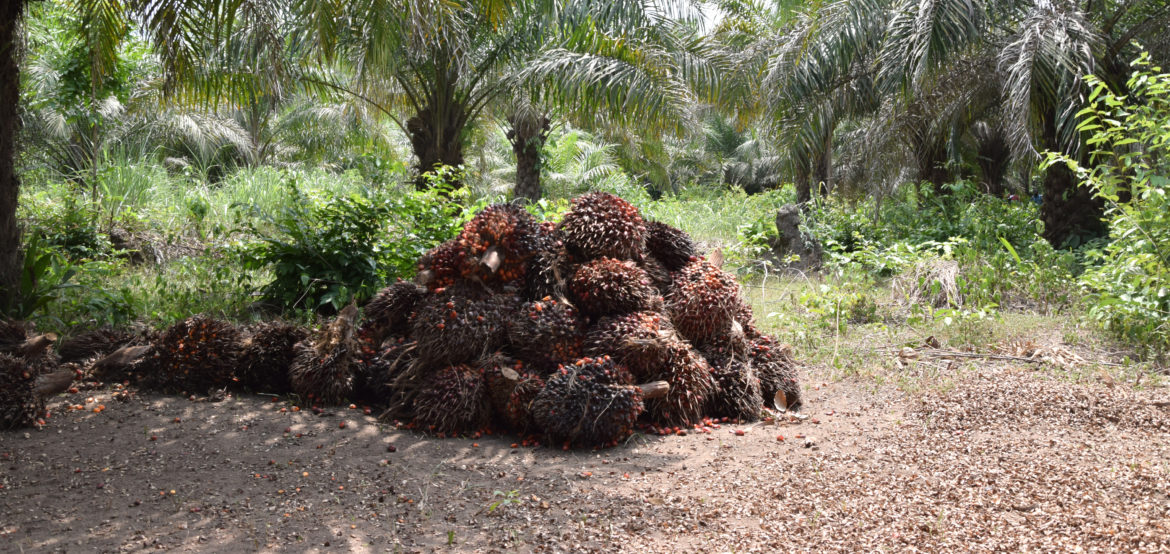
Planting Naturals has been working in Sierra Leone since 2014, it is when we began the task of certifying all our smallholder out growers against the RSPO standard, along with both NOP (US) and EU organic standards. A total of 9575 farmers are now organic certified across two of our operations - Goldtree and Nedoil. Of these, 4983 are now also RSPO certified, collectively cultivating 8667 hectares of land. Getting certified is a lengthy and challenging process, so to achieve this with such a large number of independent smallholders has been quite the process. We finally reached the milestone this summer and so we wanted to bring you closer to the farmers who grow and harvest the organic palm oil we produce.
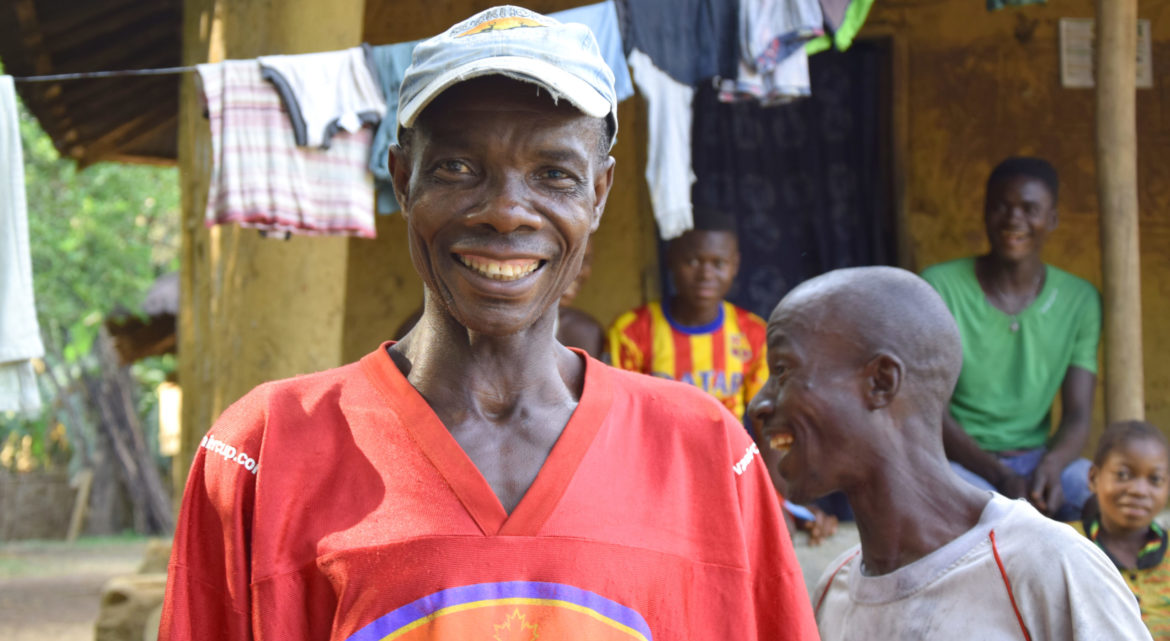
Working with smallholders means that the farmers can retain autonomy and directly receive an income for the fruits they grow and sell. This model doesn’t reduce the integrity of the planting and harvesting procedure or the supply chain – the palm oil is still produced to the same rigorous and continuously monitored environmental and social standards, with every farmer trained and individually audited. We have developed an operation-wide Internal Control System through a technical team who identify farmers and conduct and assess internal audits of each farmer. Inspectors are also responsible for:
1 Registration of all new farmers,
2 Updating information for all existing farmers,
3 Visits to collection and buying stations during harvesting season,
4 Keeping a diary of their daily activities and record of all farmers/stations visited.
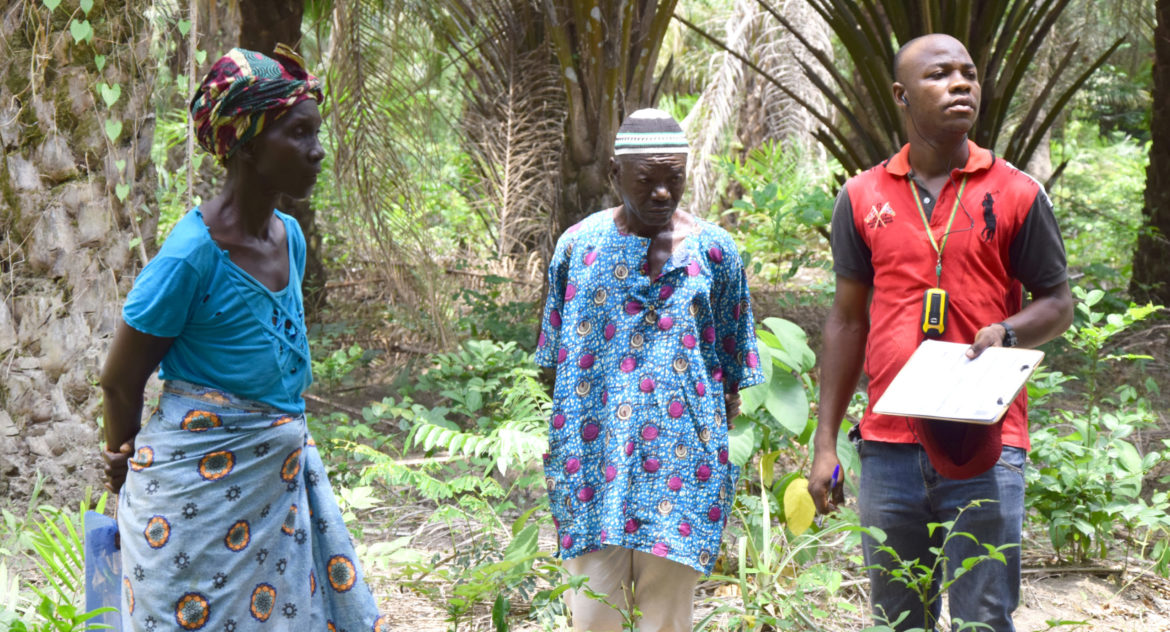
One of the most important aspects of organic or RSPO certification is ensuring traceability of the certified products. Goldtree mill must record all purchases of fruit and the fruits are purchased only from the farmers who are included in the certified suppliers list and the volumes must not deviate from projected volumes. When fruit loads arrive at the mill, the mill supervisor checks the records to ensure the (organic) quality. They then sign the necessary paperwork and hand it over to the production manager for record keeping.
At the mill level, Goldtree has strict procedures and protocols to ensure organic integrity. When the palm fruits have been processed and the oil is ready to be exported, it is essential for the mills to ensure that upstream traceability is maintained and that the oil produced is uncontaminated or hasn’t mixed with other oil sources. In case of contamination, it is important to trace the oil back to the batch of farmers who supplied the fresh fruit from which the oil was produced. Precise record keeping and sealed export tanks ensure full integrity of the certified product throughout the supply chain. For the RSPO standard this supply chain assurance is known as Identity Preserved palm oil.
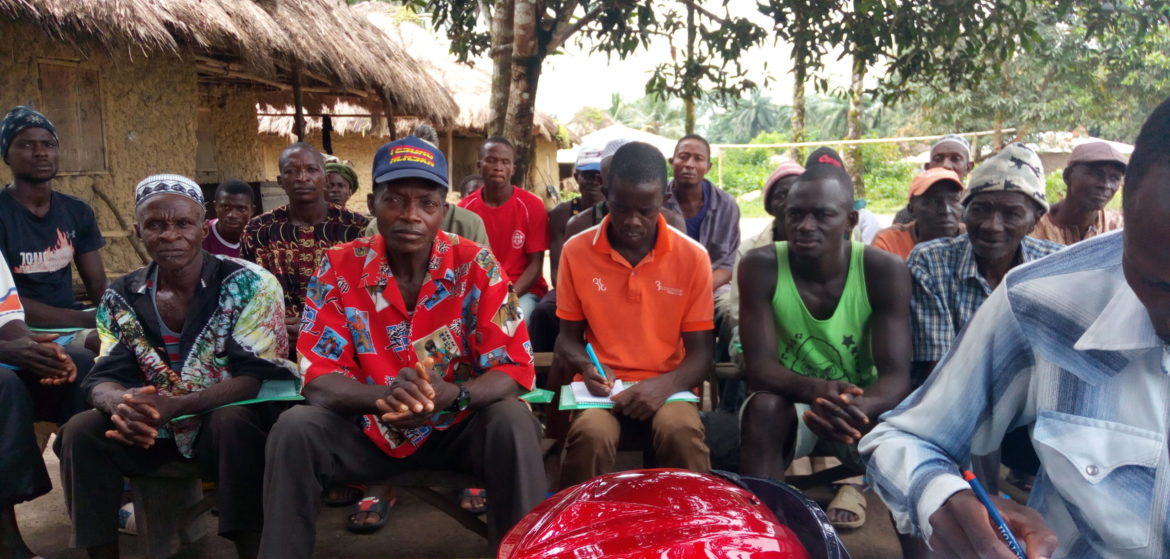
We believe that farmers are better and stronger as a group. All our organic farmers have opportunities to develop their techniques at a continuously running Farmer Field School, operating in each area, and are members of a local Farmer Based Organisation that provides support, assistance, and a voice for smallholder farmers. One of the ongoing lessons has been to communicate the benefits of organic farming for their crops as well as the opportunities that organic certification brings them. Oil palm farmers in Sierra Leone have never applied significant quantities of chemical inputs, but price and availability have often been the driving factors. It is essential to communicate the message that even a tiny quantity of chemical fertiliser or pesticide is a serious non-conformity and endangers their organic certificate, whilst significant applications will have long-term detrimental effects on soil health and fertility.
In this way we strongly believe that rural agriculture can and should be a proud profession, that provides a secure and fulfilling livelihood. We are committed to strengthening the rural economy and protecting the local environment and its biodiversity at the same time. It has been proven that responsibly managed palm oil plantations in West Africa, working alongside smallholder farmers, can be a powerful tool for protecting High Conservation Value ecosystems, reducing poverty, increasing opportunities, and providing a high-quality, natural product at the same time. We are thrilled to have reached such a significant milestone with the smallholder certification, all whilst trusting in a model we know can work for the benefit of both people and nature.
Follow us as we continue our journey in West Africa.
Written by Jonathon Hunt

